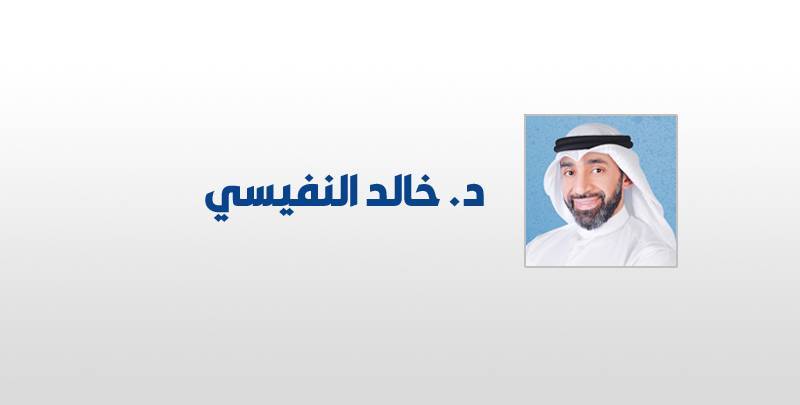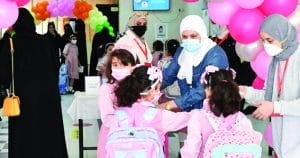What can we learn from the education leaders in the countries of the world and their dealings with the pandemic data?
The first lesson is that they have convinced their citizens to make choices that value education more than other things, but giving value to education is only part of their success equation, as the quality of their educational systems pays sufficient attention to how to select its employees from the ground up and train them, thus attracting competencies and keen to improve their performance continuously.
Designing effective policies is usually easier than implementing them, but today the world provides many vivid examples of developments in the field of education, its leadership, and planning. Unfortunately, in Kuwait, we do not have enough time if we want to achieve the goals and objectives contained in development plans without the appropriate skills. We will end up on the sidelines of the lists of educational competition, its practices, its results, the quality of its outputs, and its institutions. We will continue to face an arduous struggle for survival. Success will be the ally of individuals, systems, and countries that are quick to adapt, slow to complain, and open to change.
If there is one lesson that we have learned from the Corona pandemic, it is simply that we are not equipped to deal with an event of this magnitude, that we do not have the ability to avoid falling into educational disasters, and that we cannot circumvent public opinion by awarding degrees only to claim that adversity has been overcome and that education has been compensated. resulting therefrom. However, now (only) we can develop ourselves to get out of the current hardship and avoid falling into it in the future. And this depends more than anything else on what we will do in the short term, and our ability to empower specialists and allow more workers the opportunity to cooperate, compete, and communicate in ways that move our society forward.
In Kuwait, we succeeded in transforming our natural capital (oil) into physical capital and adopting a culture of consumption, but we failed in transforming our natural capital into human capital, which can generate economic and social results to maintain the sustainability of its future. The pandemic and its consequences have shown, beyond any doubt, that the hidden wealth that resides in our undeveloped skills is much greater than the benefit we now reap from oil. Some may tend to believe that we, as a high-income country, have the ability and all the means to eliminate the acute shortage of education, but the reality is completely the opposite, and the best proof of that is the “educational platform.”
The message here is that there is no shortcut to getting good results in an era when knowledge and skill are the global currency and the standard for a better life. Unfortunately, there is no central bank that prints this currency, and we cannot inherit it or produce it through speculation, the truth is that it is gained through continuous effort and investment in people.
Dr. Khaled Al-Nafisi
Published in Al-Qabas newspaper




